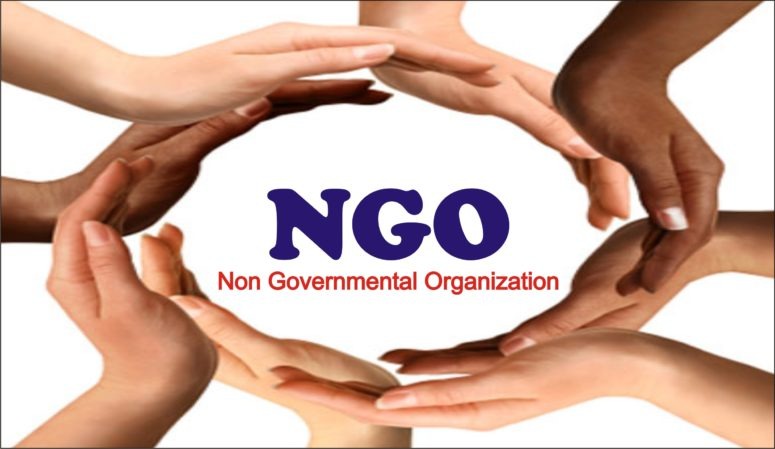An NGO is a non-governmental, not-for-profit organisation dedicated towards working for the social welfare, upliftment and development of a particular community or group. Because they are not affiliated with any government, they often lack a reliable, long-term source of income. This makes it an uphill task to maintain the flow of funds and keep the organisation running. Continuously having to fundraise through the same formats of emails and letters can take its toll on an NGO’s members, so why not try some of these alternative non-profit funding sources?
Resource pooling: Funding sources for NGOs tend to be less than promising in the beginning with most of it coming from the personal savings of its founders and their network of close friends, acquaintances, and business partners. However, this humble start can eventually attract a larger resource pool through continuous activities to build the organization’s credibility and reputation.
Selling merchandise: An NGO can take orders for merchandise or create it on their own and sell it to volunteers and staff. This generates revenue and promotes the organisation as well. When their organization has gained enough traction, they can even expand to sell these products to the public.
Organising events: Whether it is an entertainment program, art auction or a photo campaign to raise awareness, anything that people will pay to see and participate in is a plus for the NGO. Future activities and projects can also be promoted at these events to engage the audience and encourage continued participation in the future.
Donations: Amongst all the non-profit funding sources, donations are the most common. As an NGO grows and expands its reach, donations from individuals, volunteers, and trusts should naturally start increasing.
Crowdfunding: Many online crowdfunding platforms such as Facebook and GoFundMe allow an NGO to exhibit their work towards social causes to a broad audience while simultaneously raising funds. This initiative allows NGOs to make the most of the internet to widen their reach while providing an easy way for sponsors to donate.
Social media and digital marketing: While finding donors is a good thing, retaining donors is also important for an NGO to achieve sustainability. A strong presence on social media handles, as well as marketing using SEO, will help to update donors on upcoming activities and projects and encourage future donors to participate.
Grants and charity: An established NGO must be registered and complies with the appropriate regulations. If leading agencies validate it, it is an added bonus for the organisation’s credibility and reputation. An NGO is required to maintain audited accounts for up to three years and engage in activities that warrant sponsor from the government to gain grants. With enough credibility, funding sources for NGOs will include charitable trusts and foundations from even abroad.
Investment and CSR: Some companies may be interested in providing funds for NGOs either because it is related to their business or needed to avail for tax exemptions. For example, Indian companies are mandated to spend at least 2% of their average net profits as CSR. NGOs are apt recipients for companies seeking to fulfil that requirement.
Don’t limit your NGO to traditional fundraising methods—sponsors are also more likely to be engaged by new and innovative techniques! Next time your organization plans a fundraiser, why not consider trying one of the above means?
Summary – NGOs require funds to meet their day-to-day expenditures along with the costs they will incur to work towards the causes that they are dedicated to. Here are a few examples of the most popular non-profit funding sources.




